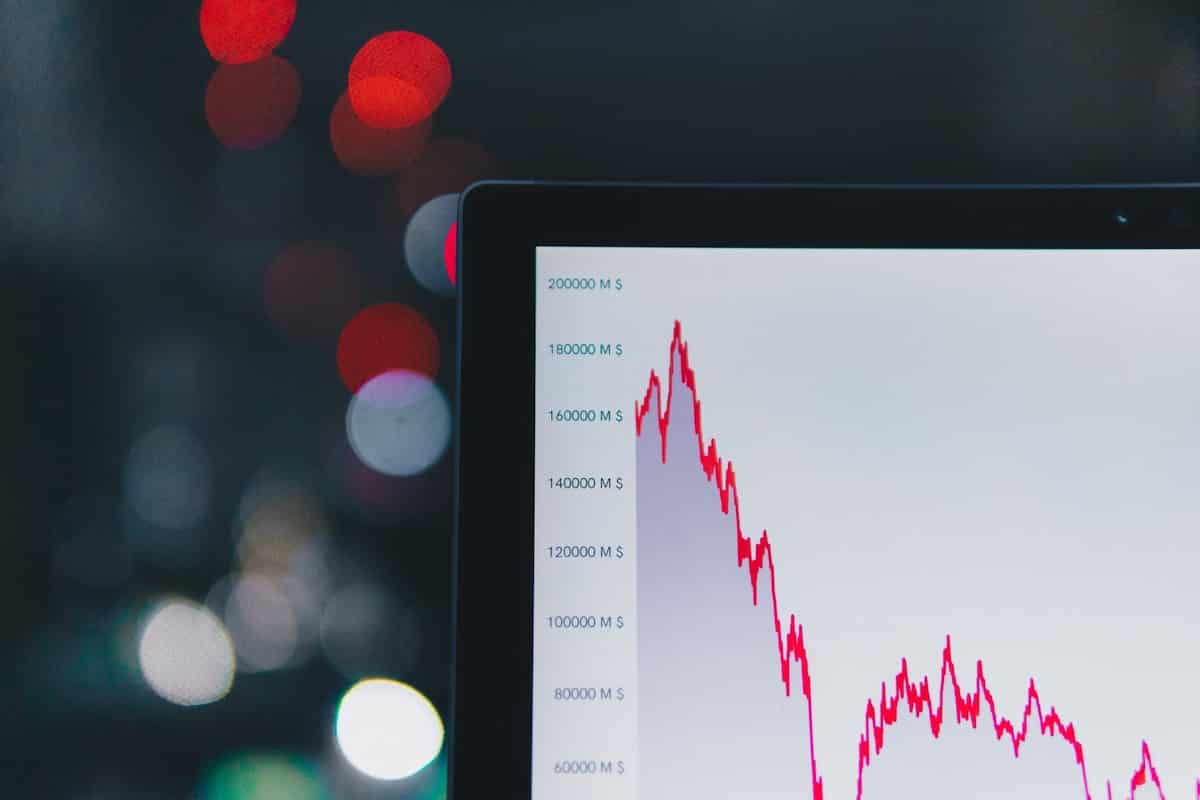It is possible that the digital yuan could positively affect the stock market by increasing investment and trade. The digital yuan is a trading site that may also hurt the stock market by causing inflation.
Effects of the stock market crash on the Digital yuan
The recent stock market crash has had a significant effect on the development of the digital yuan.
The Chinese government has been forced to delay the digital currency launch as it assesses the impact of the stock market crash on the economy.
The digital yuan launch is still on track, but the timetable could be revised in light of the recent developments.
Positive effects of the Digital yuan on the stock market
The digital yuan will positively affect the stock market by providing investors with a new and convenient way to trade stocks. The digital yuan will also make it easier for companies to raise capital, as they will be able to issue and sell digital yuan-denominated shares. The enhanced Digi yuan system will also help reduce the cost of money transactions and uplifted settlements.
The digital yuan will also positively impact the Chinese economy by helping to promote the use of electronic payments and by providing a new channel for foreign investment, better than all in the future.
Overall, the introduction of the digital yuan is likely to have a positive impact on the stock market and economy.
Negative effects of the Digital yuan on the stock market
Some analysts have suggested that introducing a digital yuan could negatively affect the stock market. They argue that the move could decrease demand for stocks as investors seek to diversify their portfolios and reduce their exposure to risks associated with the yuan.
Additionally, they believe that the digital yuan could make it easier for Chinese investors to move their money out of the country, leading to a decline in the yuan’s value. Thus, while the digital yuan may have some benefits, it is essential to consider its potential negative impacts on the stock market before making any decisions.
Digital yuan and stock market
The recent launch of China’s digital yuan has sparked fresh speculation about the possible impact on the country’s stock market.
Some analysts believe that introducing a digital currency could lead to more speculative activity in the stock market as investors look for ways to profit from the new technology. However, others believe that the digital yuan will have little impact on the stock market, as it is unclear how to use the currency.
Whatever the case, the launch of the digital yuan is sure to impact the country’s financial markets. And as China’s economy continues to grow in importance, any changes in its stock market are likely to be felt worldwide.
Digital yuan on the world stock market
The rise of the digital yuan on the world stock market has been meteoric. Several benefits for investors have accompanied this rise to prominence.
The digital yuan is much more stable than traditional fiat currencies. This stability has made it a popular choice for international transactions and investments.
Another key benefit of the digital yuan is its low transaction costs. Because there are no physical notes or coins to exchange, they can quickly transfer the digital yuan between parties without incurring high transaction fees.
Finally, the digital yuan is also more secure than traditional fiat currencies. With built-in security features, the digital yuan is less susceptible to fraud and counterfeiting.
The benefits of the digital yuan have made it a popular choice for investors around the world. As the digital yuan grows in popularity, its impact on the world economy will likely continue to increase.
Conclusion
The Digital yuan will not be immune to a stock market crash, as it is still a fiat currency. However, its stability may help cushion the blow for holders of the currency. Stock market crashes generally hurt all asset prices, including digital currencies. Therefore, investors in digital yuan should be prepared for potential losses in a stock market crash.


